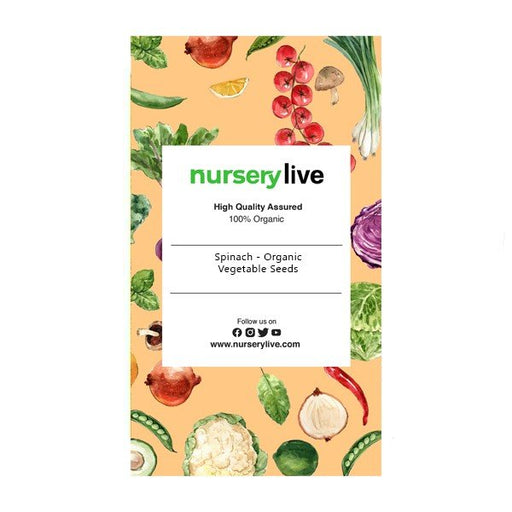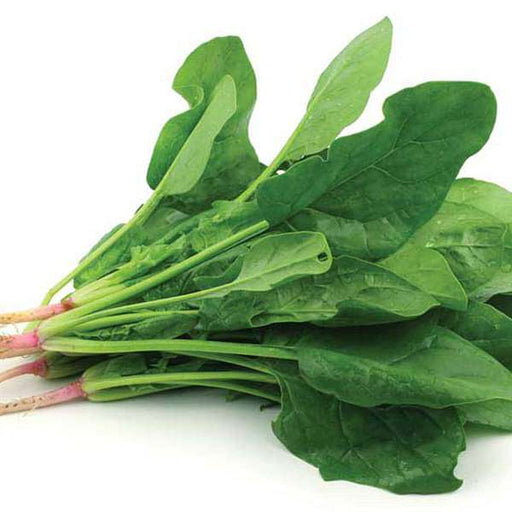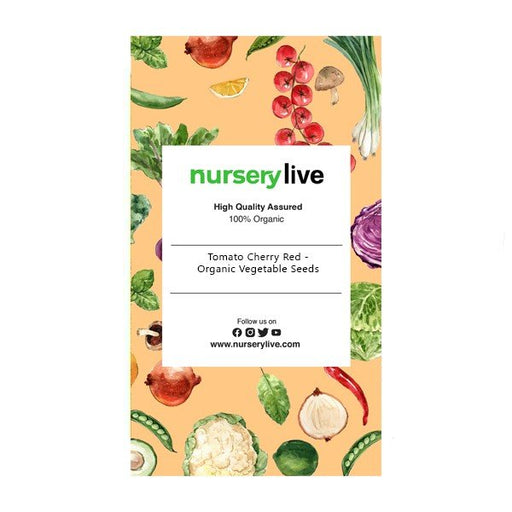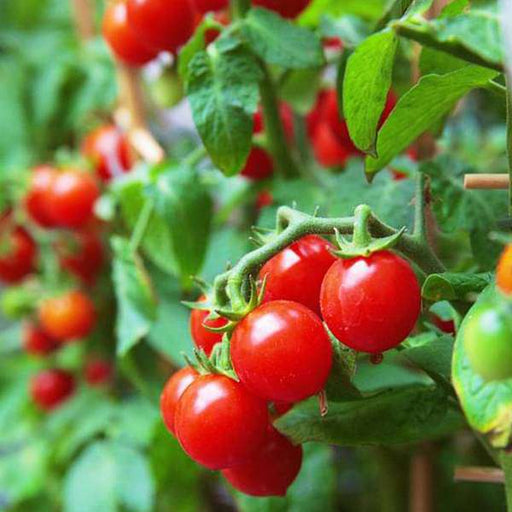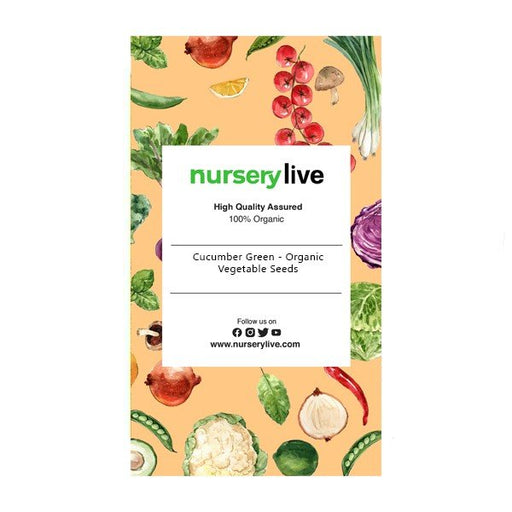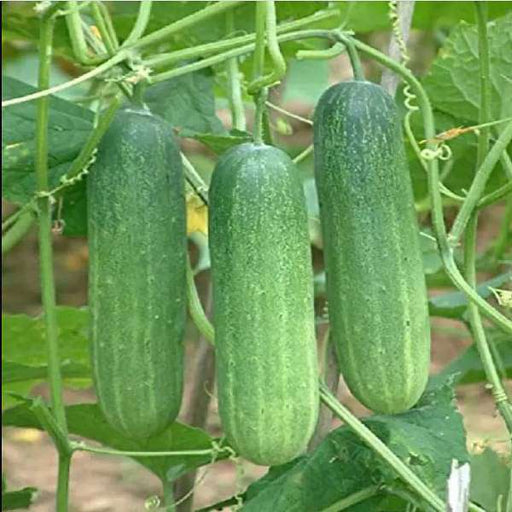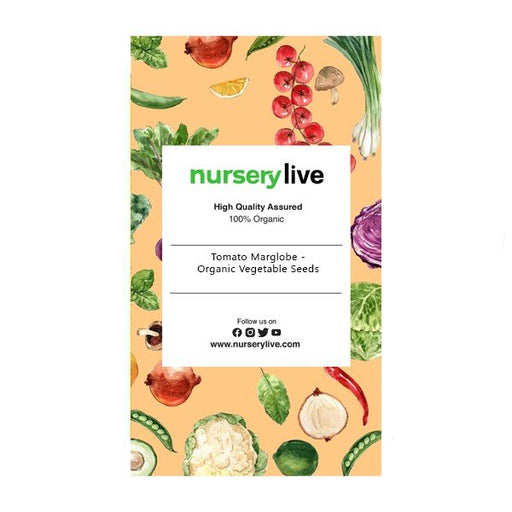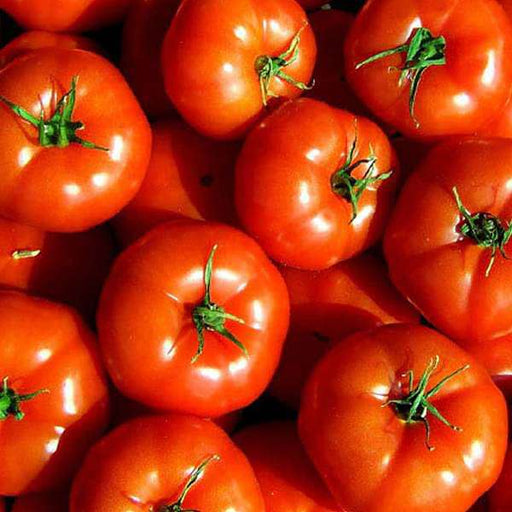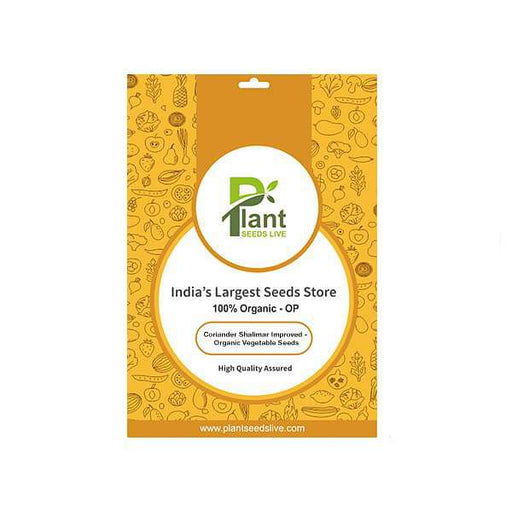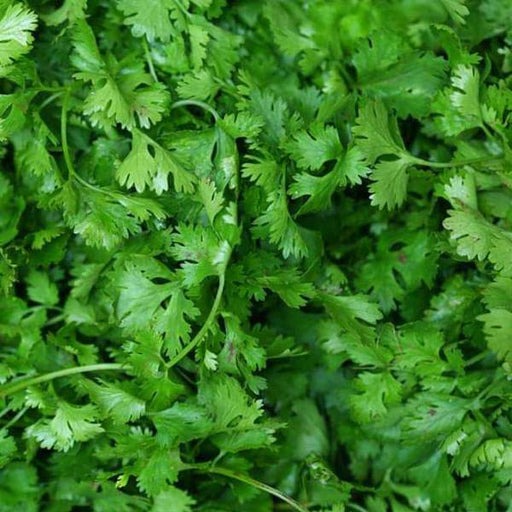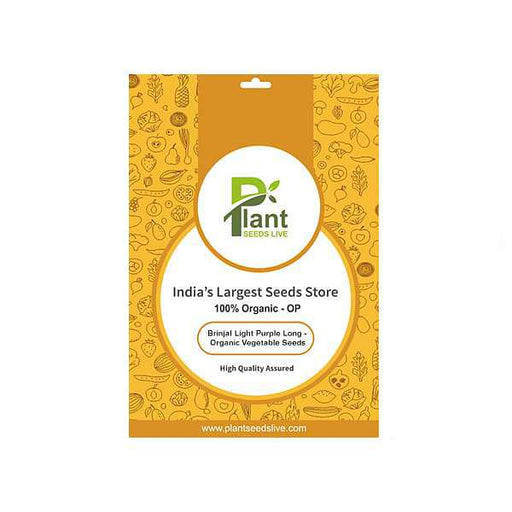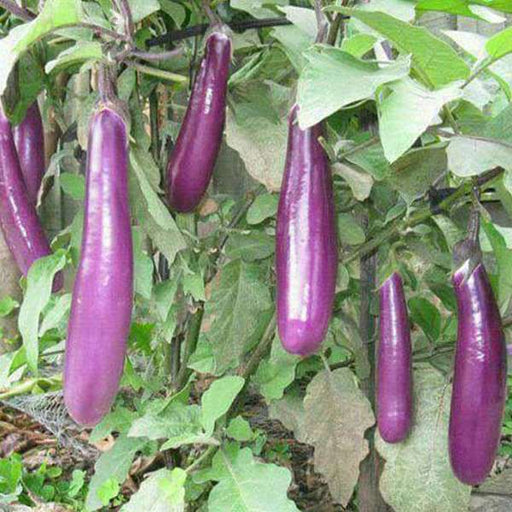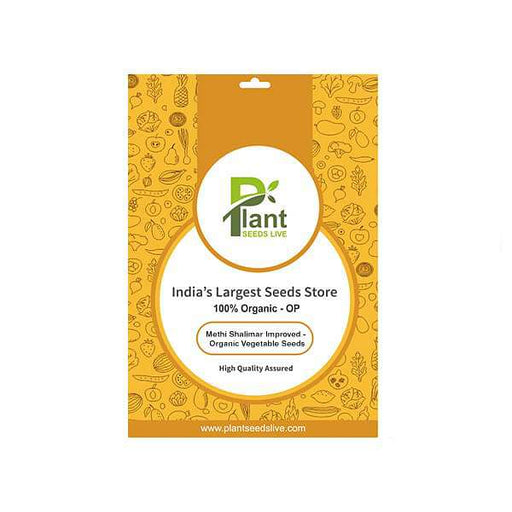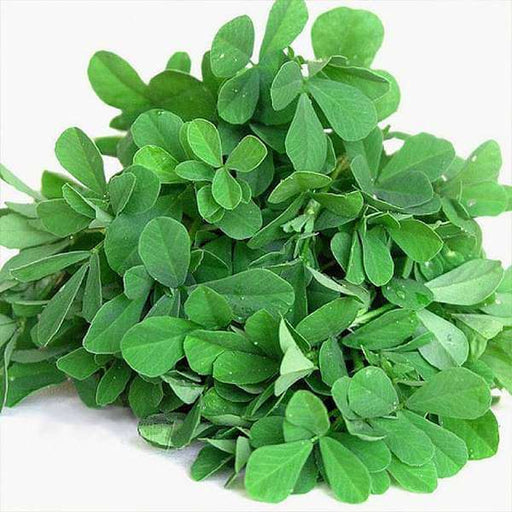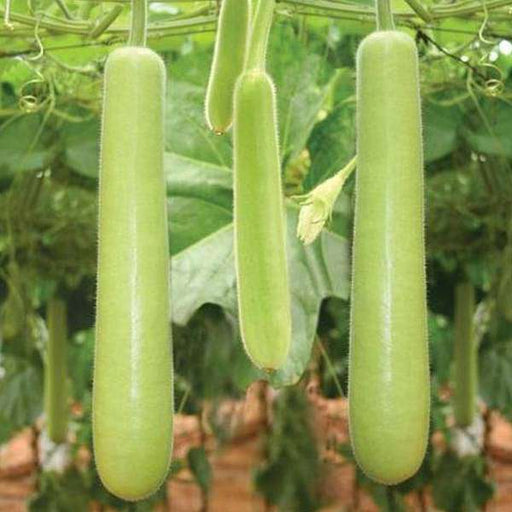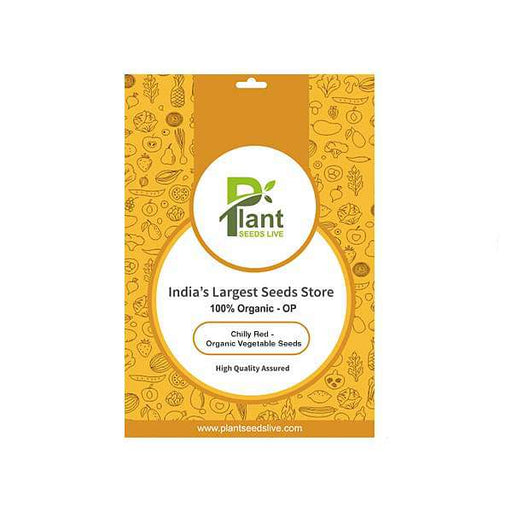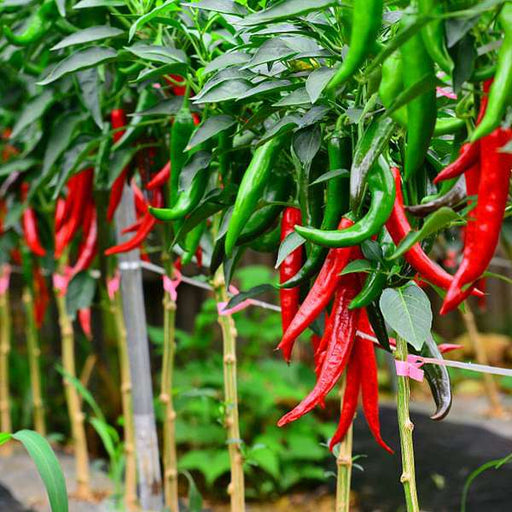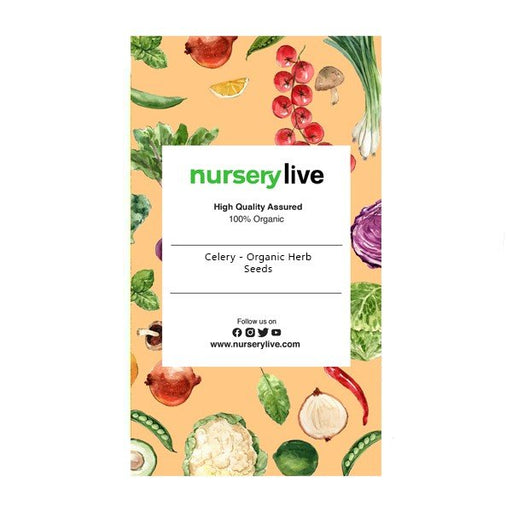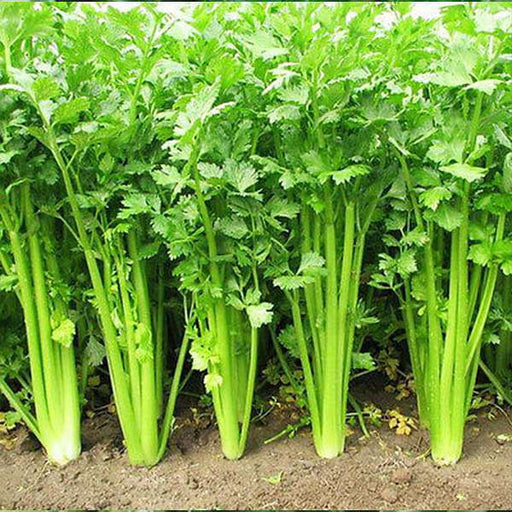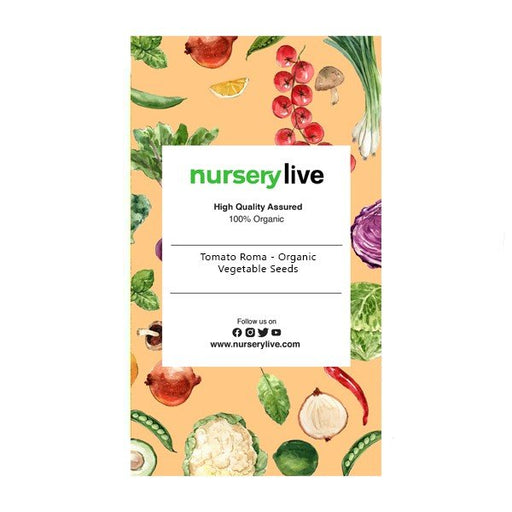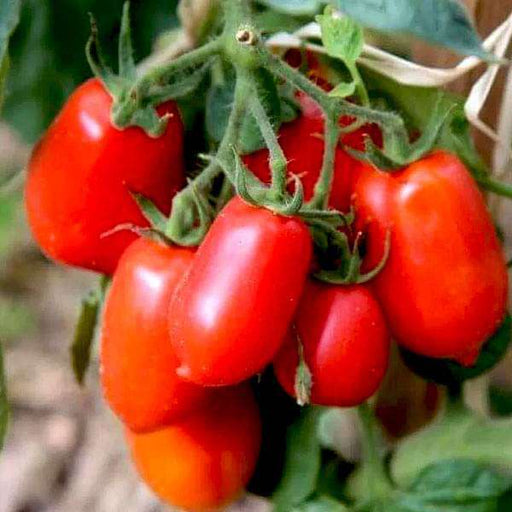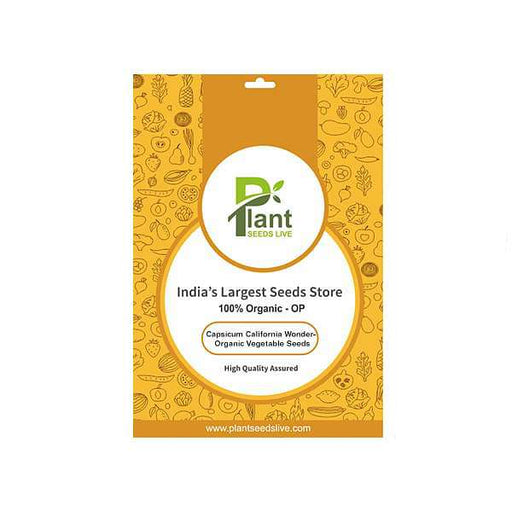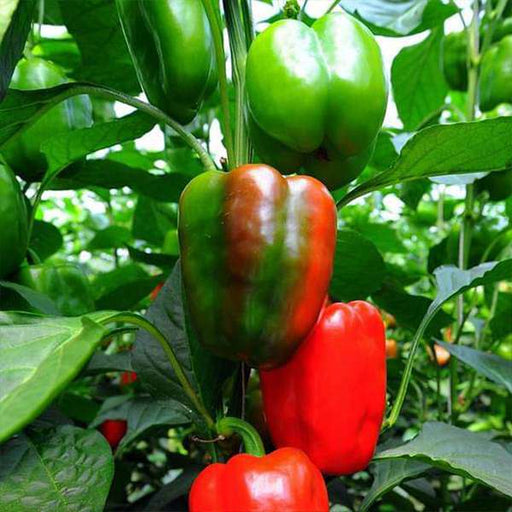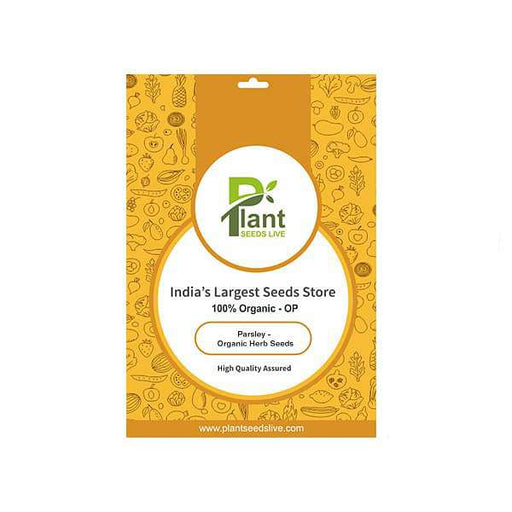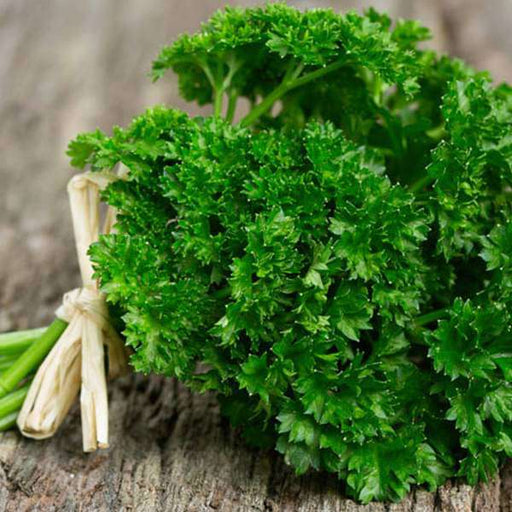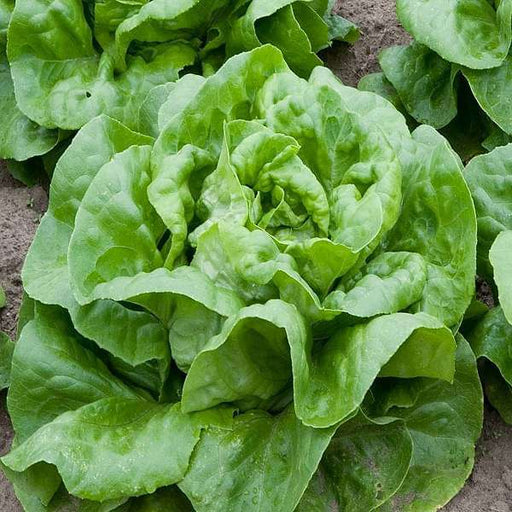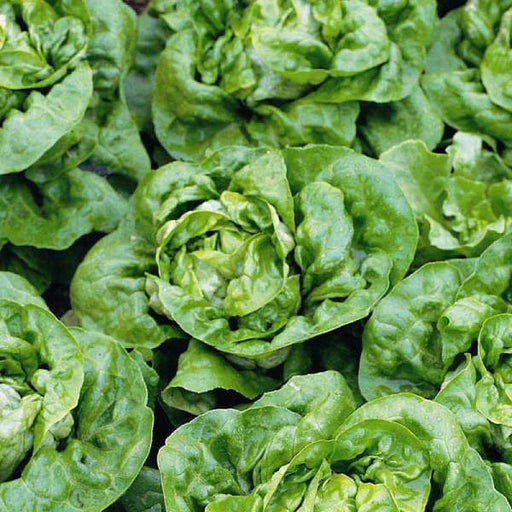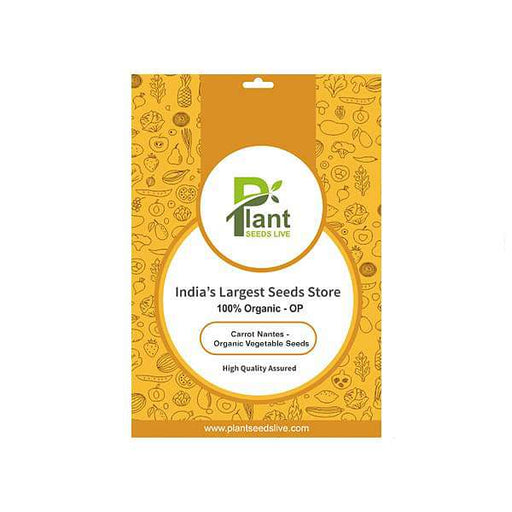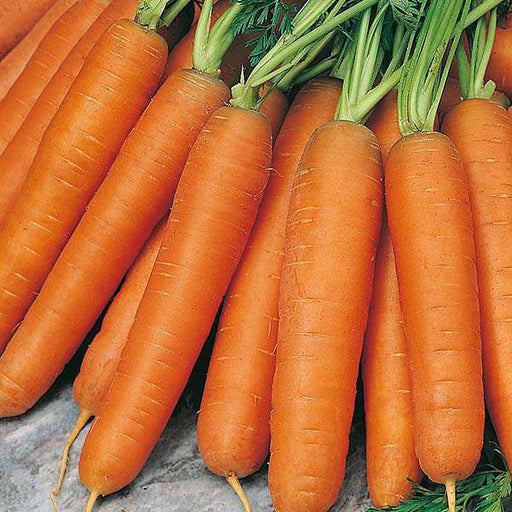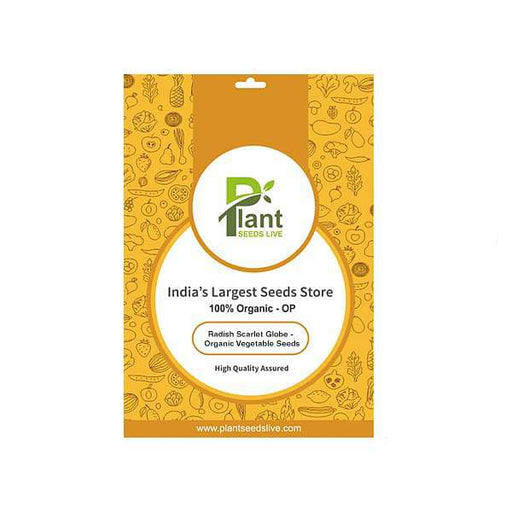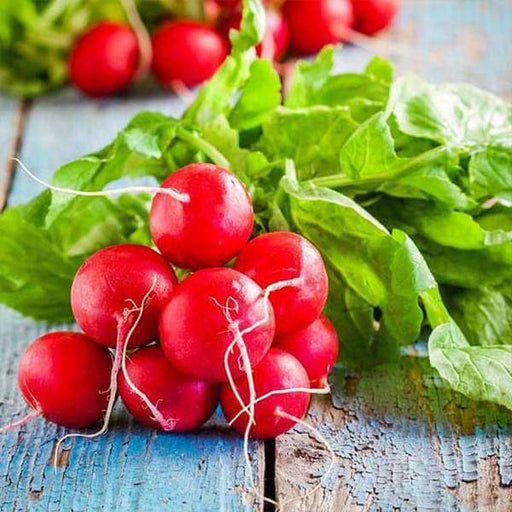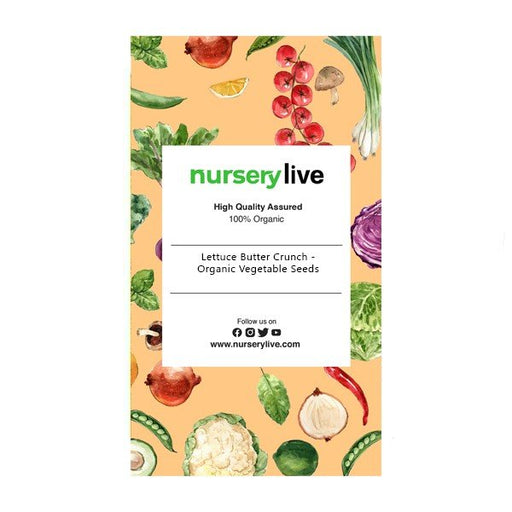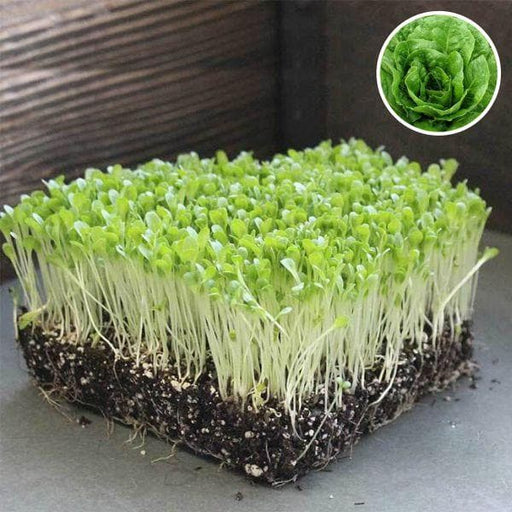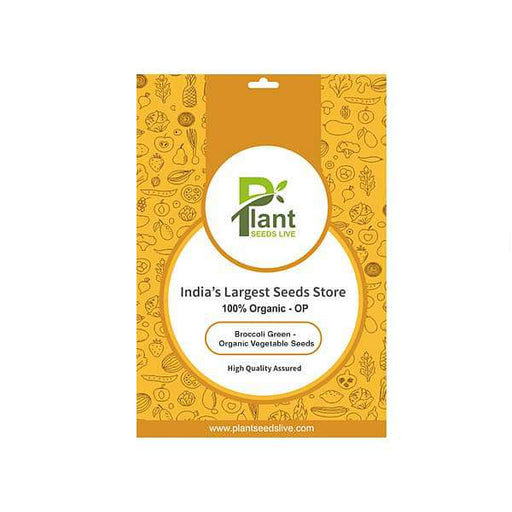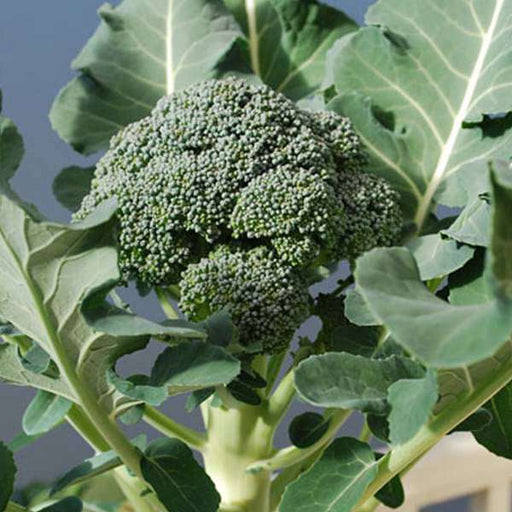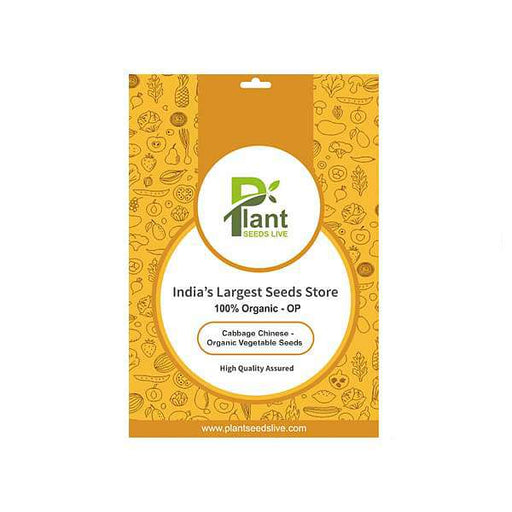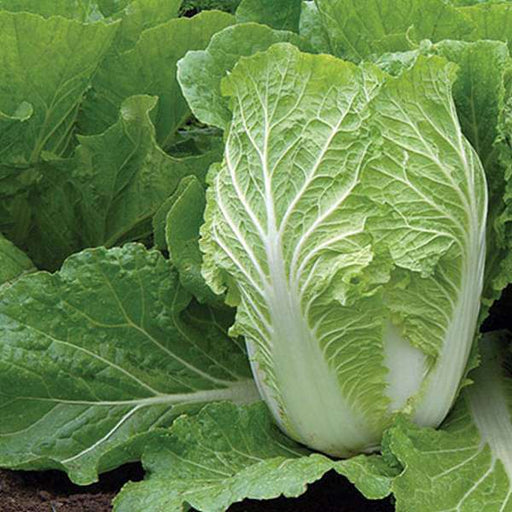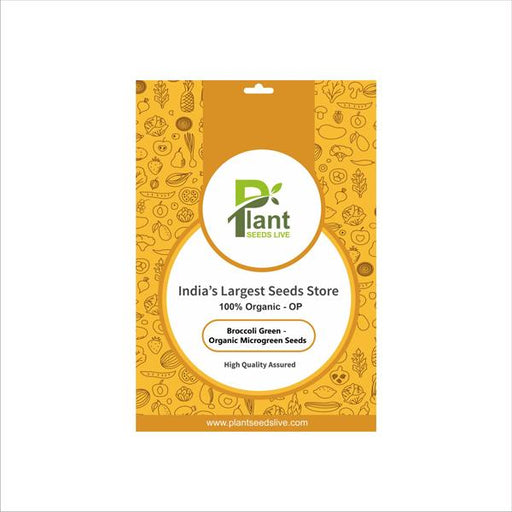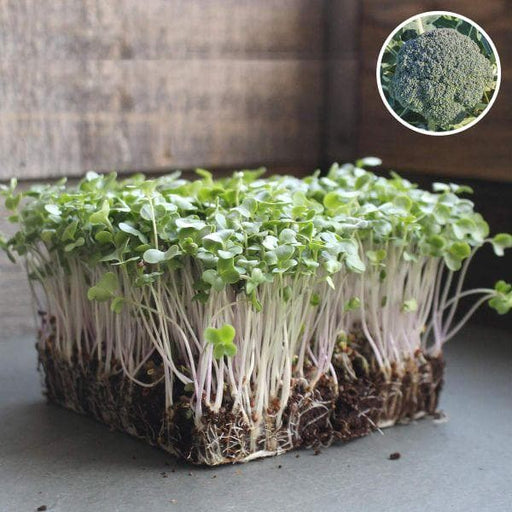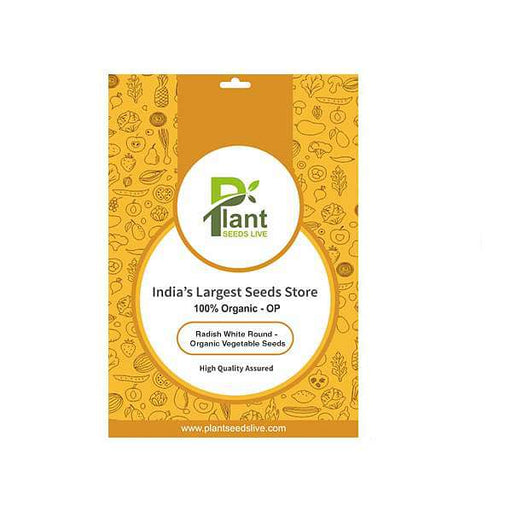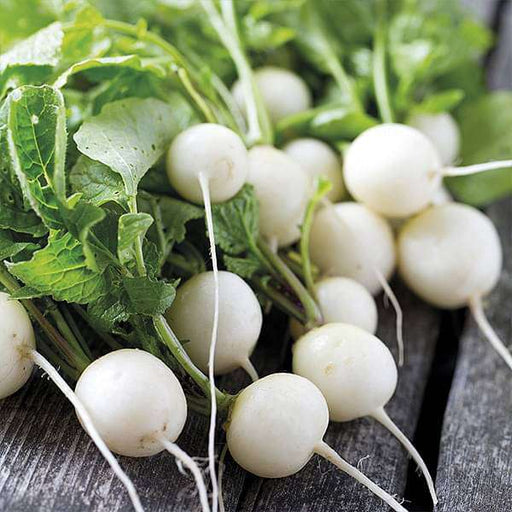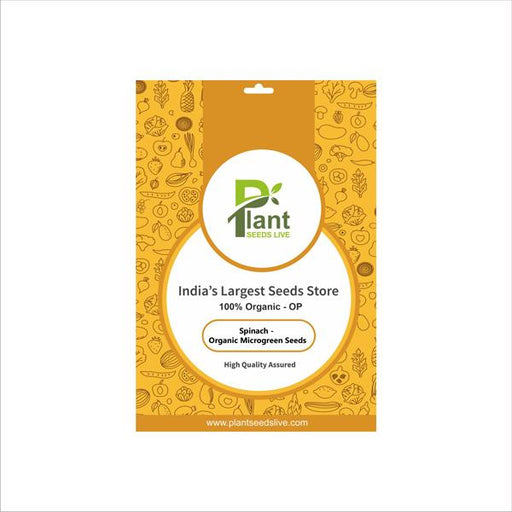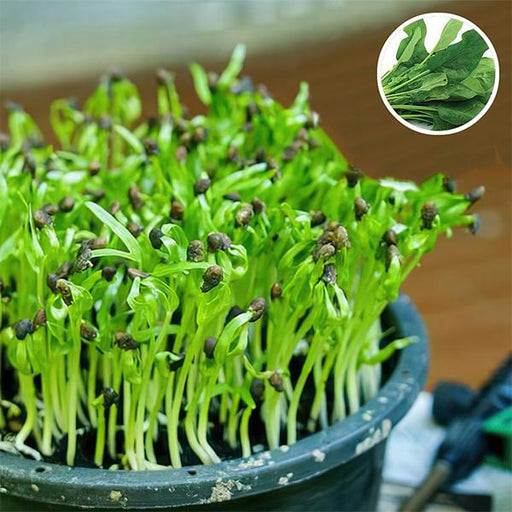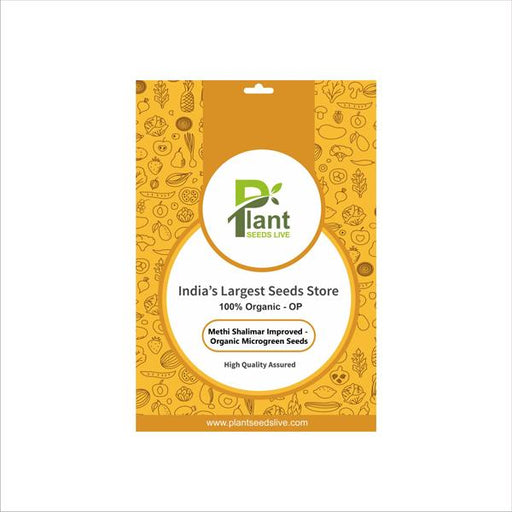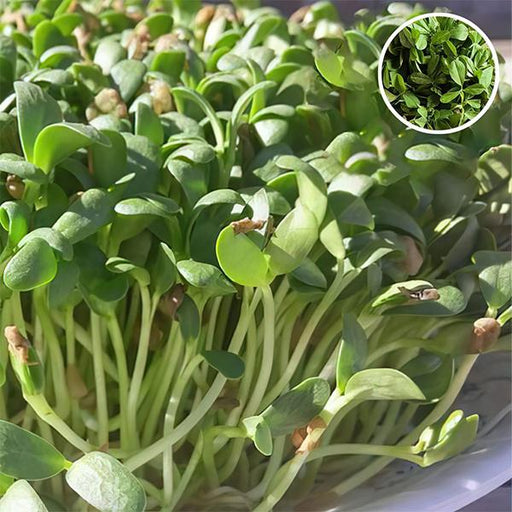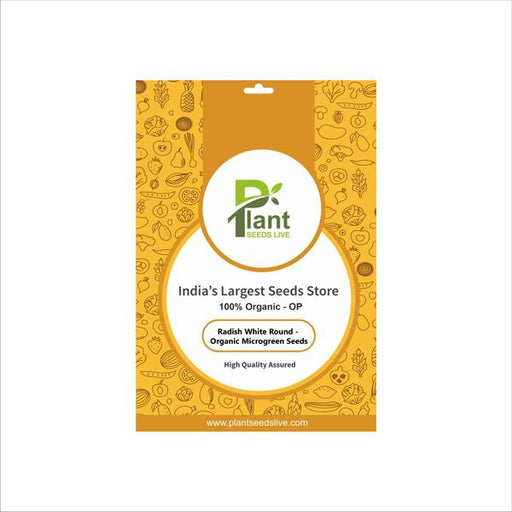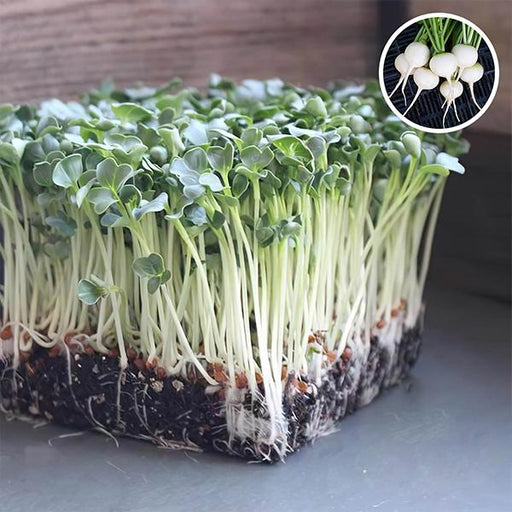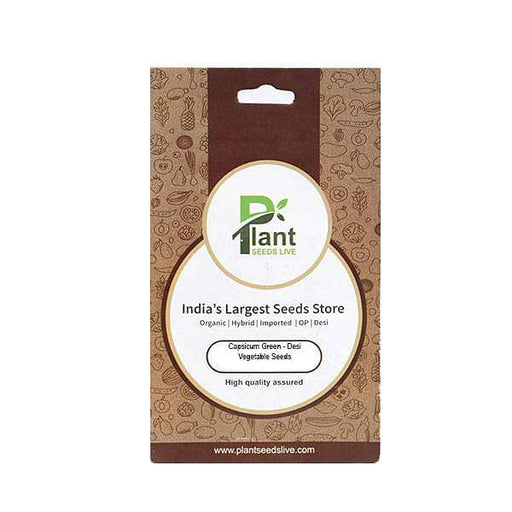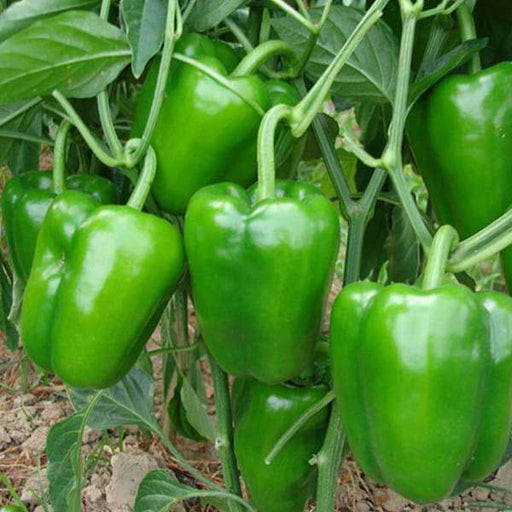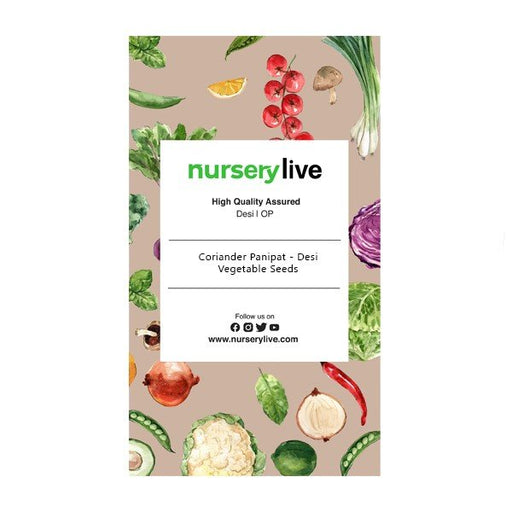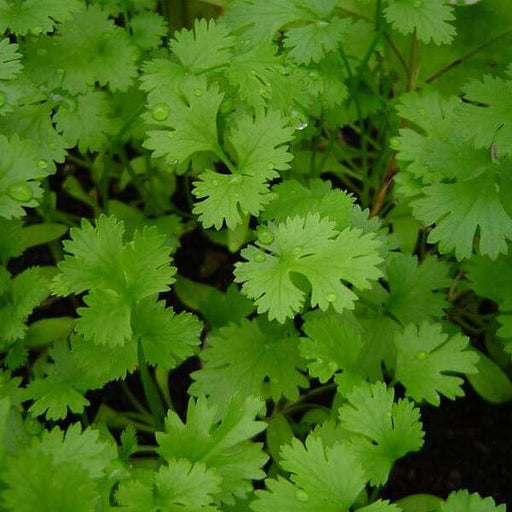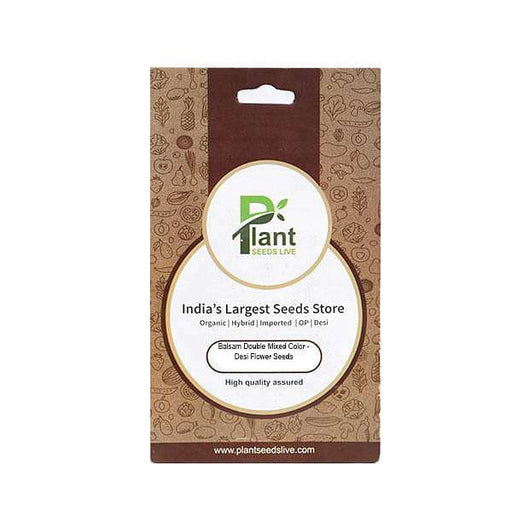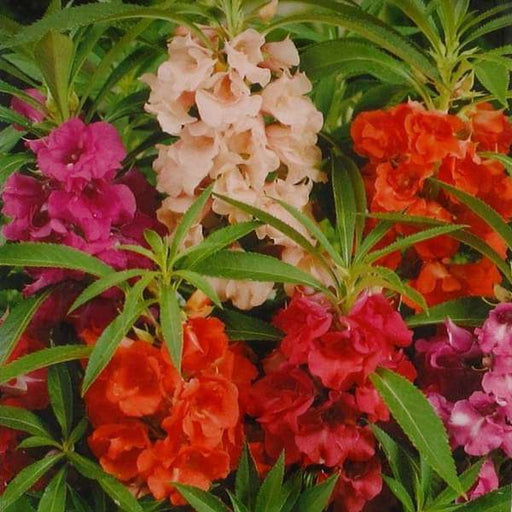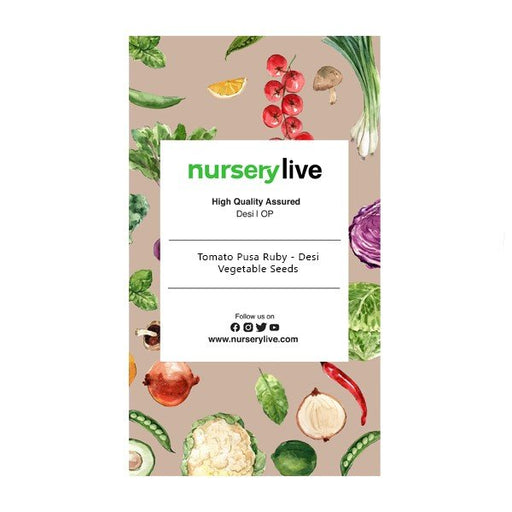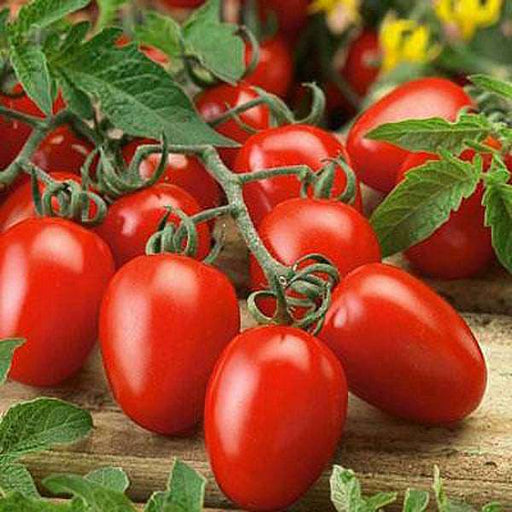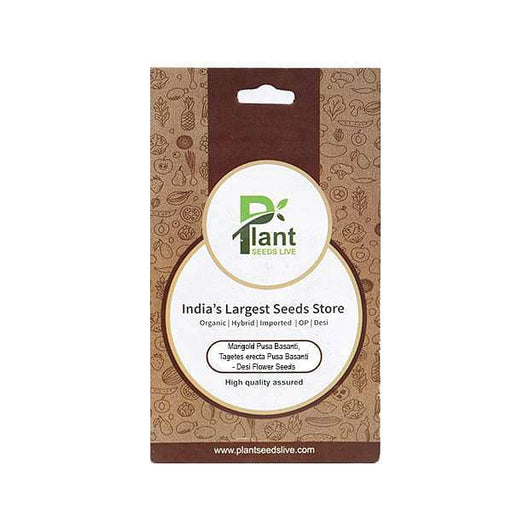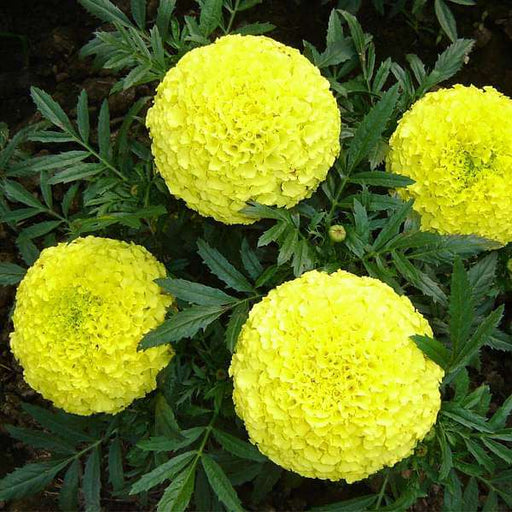Heirloom Organic Seeds
Heirloom organic seeds are a type of seed that has been passed down through generations of gardeners and farmers. Understanding the benefits of heirloom organic seeds and how to grow them can help you create a sustainable and diverse garden.
Non-GMO Organic Seeds
Non-GMO organic seeds are a type of seed that is free from genetic modification and is grown using organic farming practices. Understanding the benefits of non-GMO organic seeds and how to grow them can help you create a healthy and sustainable garden.
Organic Vegetable Seeds
Organic vegetable seeds are a popular choice for those who want to grow their own fresh, healthy produce at home. Understanding the different types of organic vegetable seeds and how to grow them can help you create a bountiful and delicious garden.
Organic Herb Seeds
Organic herb seeds are a popular choice for those who want to grow their own fresh, flavorful herbs at home. Understanding the different types of organic herb seeds and how to grow them can help you create a fragrant and healthful garden.
Open-Pollinated Organic Seeds
Open-pollinated organic seeds are a type of seed that is pollinated by natural means, such as insects or wind, and is grown using organic farming practices. Understanding the benefits of open-pollinated organic seeds and how to grow them can help you create a diverse and sustainable garden.
Organic Flower Seeds
Organic flower seeds are a popular choice for those who want to add beauty and color to their garden while still using sustainable and organic farming practices. Understanding the different types of organic flower seeds and how to grow them can help you create a stunning and eco-friendly garden.
Organic Microgreen Seeds
Organic microgreen seeds are a type of seed that is specifically grown for its young, tender greens and is grown using organic farming practices. Understanding the benefits of organic microgreen seeds and how to grow them can help you create a healthy and flavorful addition to your meals.
Organic Fruit Seeds
Organic fruit seeds are a popular choice for those who want to grow their own fresh, delicious fruit at home. Understanding the different types of organic fruit seeds and how to grow them can help you create a bountiful and healthful garden.
Organic Seed Starter Kits
Organic seed starter kits are a convenient and easy way to get started with growing your own organic plants at home. Understanding the benefits of organic seed starter kits and how to use them can help you create a successful and sustainable garden.
Organic Salad Seeds
Organic salad seeds are a popular choice for those who want to grow their own fresh, healthy salad greens at home. Understanding the different types of organic salad seeds and how to grow them can help you create a delicious and healthful garden.
Organic Sprouting Seeds
Organic sprouting seeds are a type of seed that is specifically grown for its sprouts and is grown using organic farming practices. Understanding the benefits of organic sprouting seeds and how to grow them can help you create a healthful and flavorful addition to your meals.
Organic Wheatgrass Seeds
Organic wheatgrass seeds are a popular choice for those who want to grow their own fresh, healthful wheatgrass at home. Understanding the benefits of organic wheatgrass seeds and how to grow them can help you create a healthful and energizing addition to your diet.
Organic Seed Potatoes
Organic seed potatoes are a type of seed potato that is grown using organic farming practices and is free from harmful chemicals and pesticides. Understanding the benefits of organic seed potatoes and how to grow them can help you create a bountiful and healthful crop.
Organic Pepper Seeds
Organic pepper seeds are a popular choice for those who want to grow their own fresh, flavorful peppers at home. Understanding the different types of organic pepper seeds and how to grow them can help you create a delicious and healthful addition to your meals.
Organic Tomato Seeds
Organic tomato seeds are a popular choice for those who want to grow their own fresh, juicy tomatoes at home. Understanding the different types of organic tomato seeds and how to grow them can help you create a bountiful and delicious garden.
Organic Seed Garlic
Organic seed garlic is a type of garlic that is grown using organic farming practices and is free from harmful chemicals and pesticides. Understanding the benefits of organic seed garlic and how to grow it can help you create a delicious and healthful addition to your meals.
Organic Seedling Trays
Organic seedling trays are a convenient and eco-friendly way to start your organic seeds indoors before transplanting them outside. Understanding the benefits of organic seedling trays and how to use them can help you create a successful and sustainable garden.
Organic Seed Storage
Organic seed storage is an important aspect of maintaining the viability and health of your organic seeds. Understanding the different methods of organic seed storage and how to properly store your seeds can help you create a successful and sustainable garden.
Organic Seed Banks
Organic seed banks are an important resource for preserving heirloom and rare varieties of organic seeds. Understanding the benefits of organic seed banks and how to access them can help you create a diverse and sustainable garden.
Organic Seed Saving
Organic seed saving is an important aspect of sustainable gardening that allows you to save and reuse your own organic seeds year after year. Understanding the benefits of organic seed saving and how to properly save your seeds can help you create a self-sustaining and eco-friendly garden.


